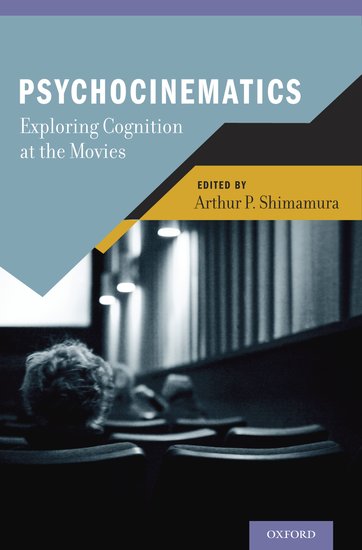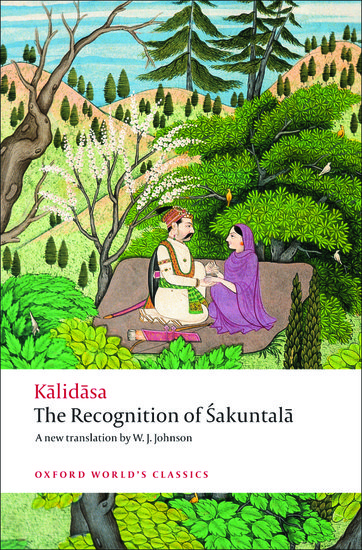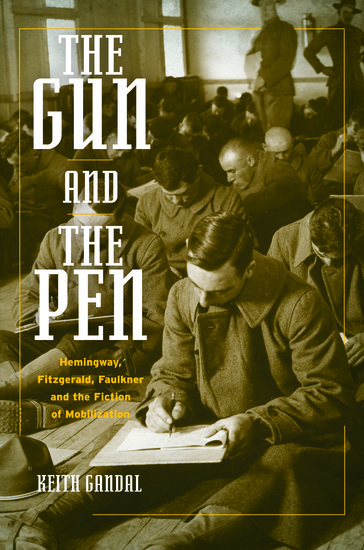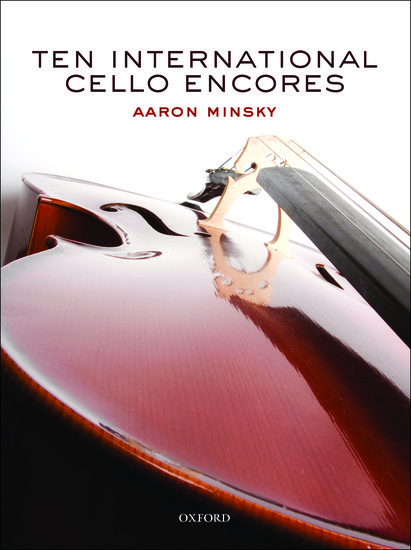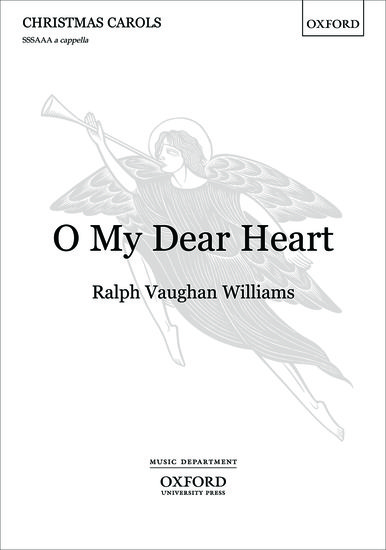Blaxploitation, from Shaft to Django
What do you get when you combine Hollywood, African American actors, gritty urban settings, sex, and a whole lot of action? Some would simply call it a recipe for box office success, but since the early 1970s, most people have known this filmmaking formula by the name “Blaxploitation.” Blaxploitation cinema occupies a fascinating place in the landscape of American pop culture.



